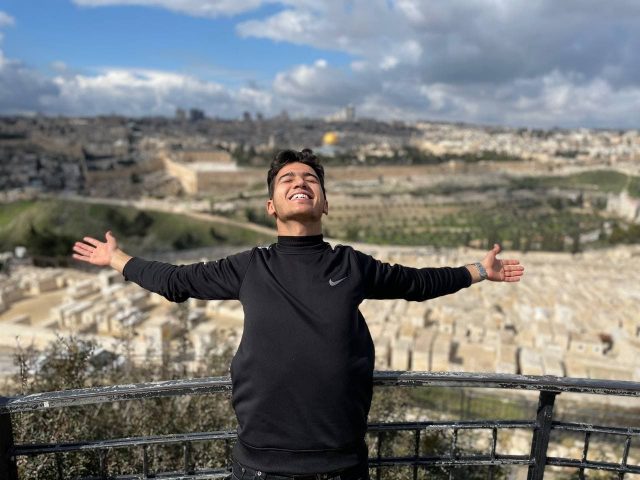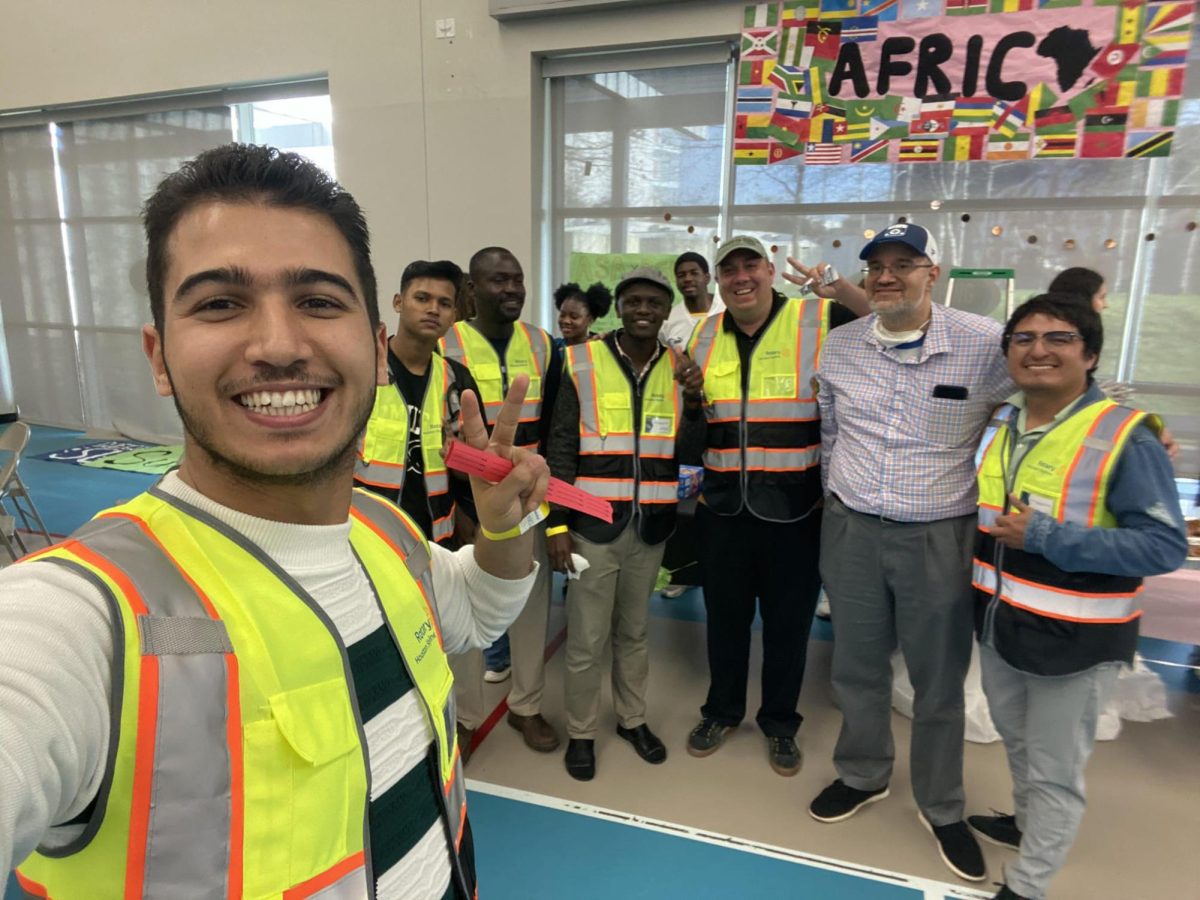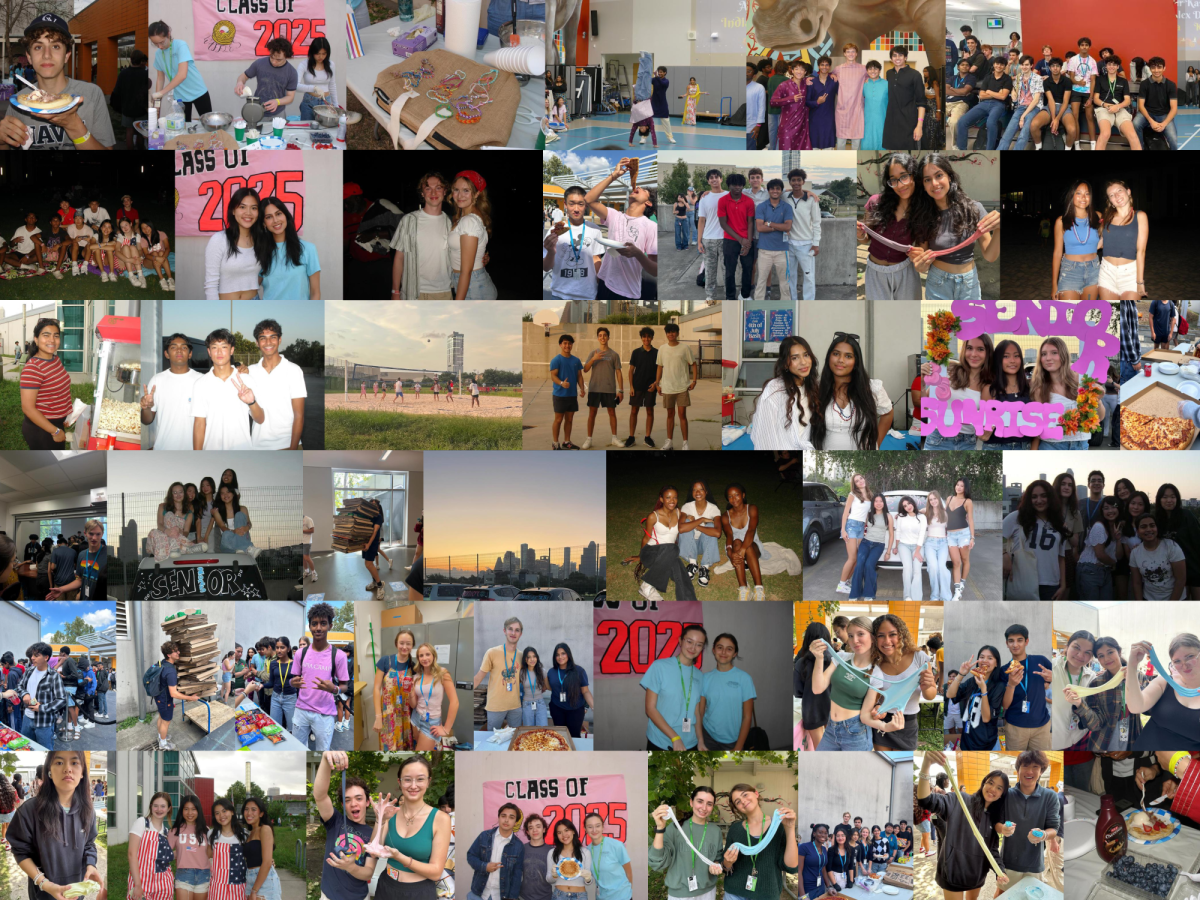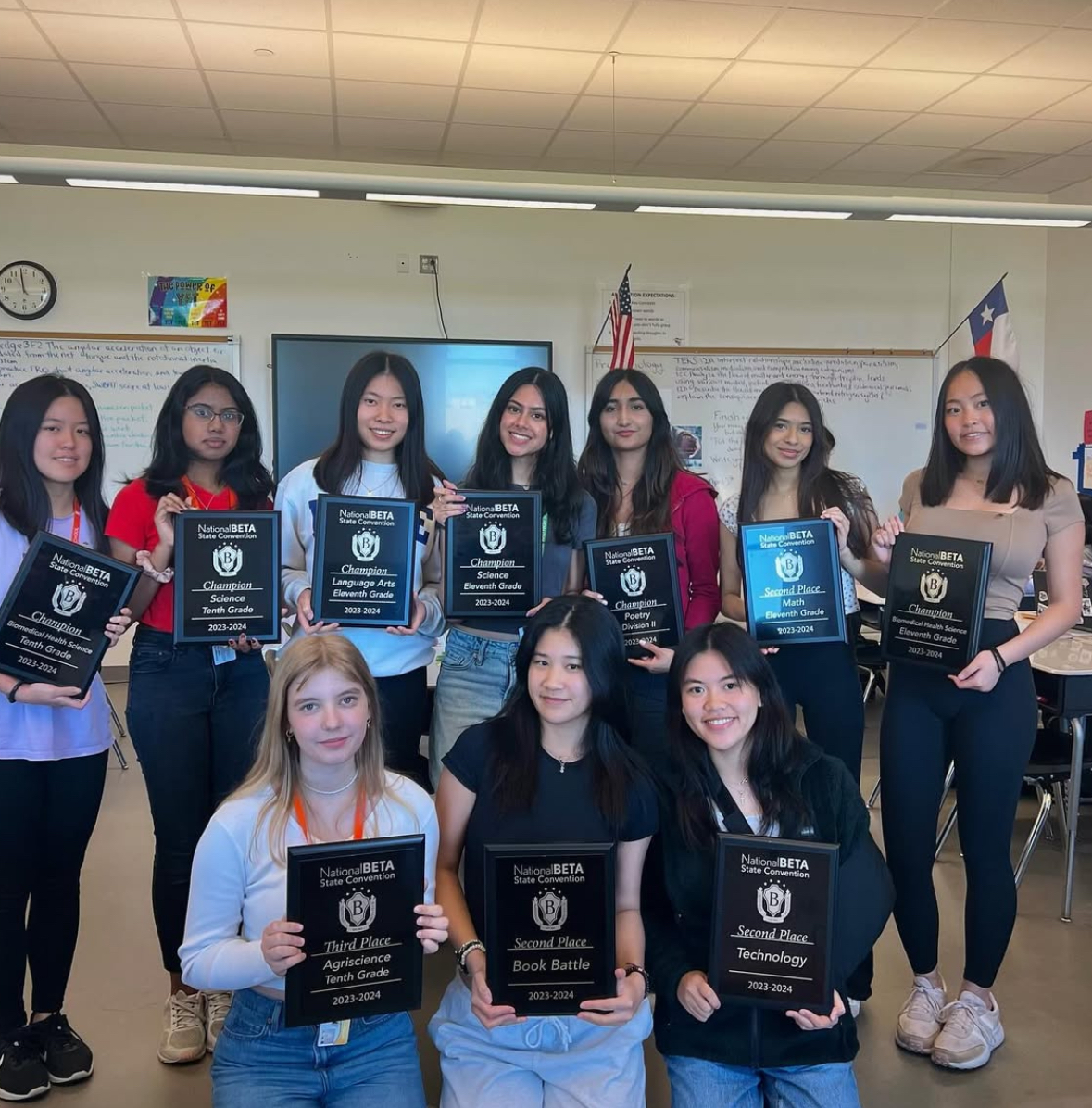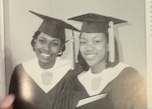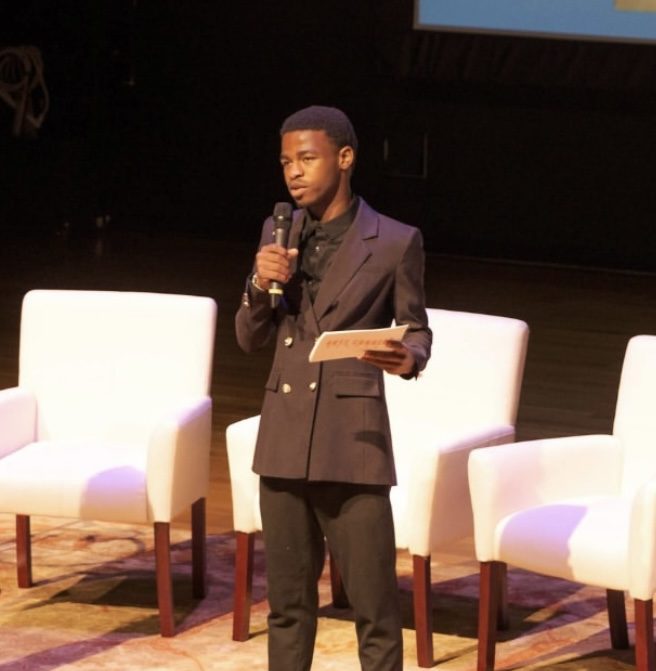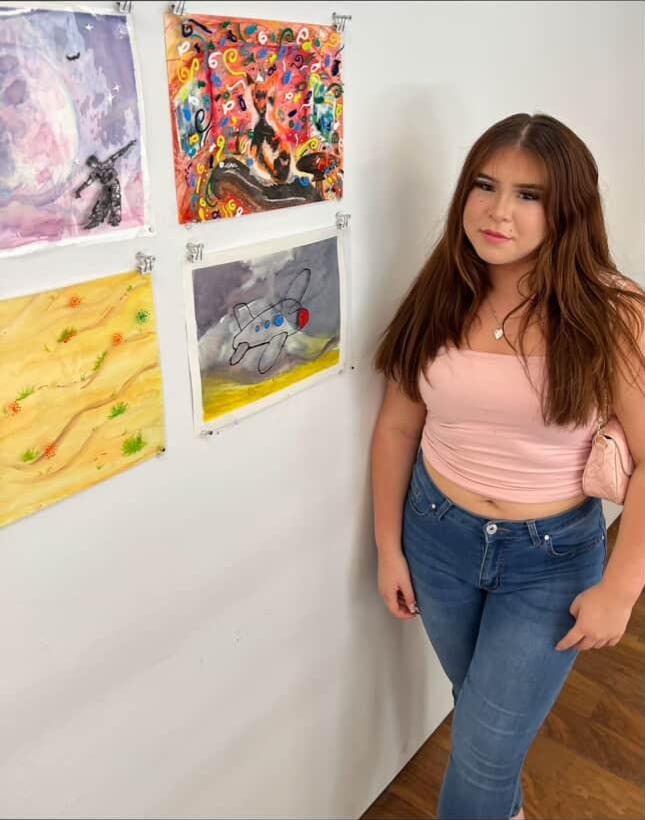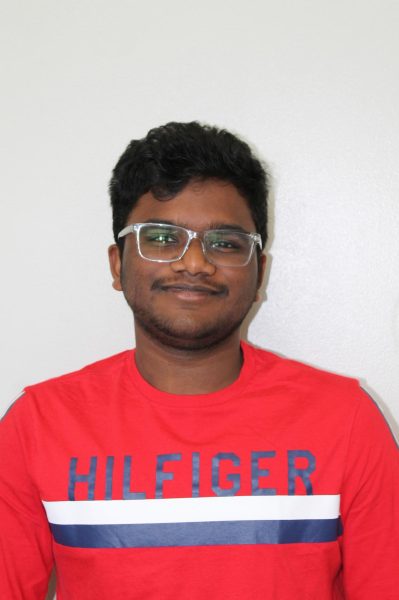On October 7th, 2023, Atta Khaled, a native of Jabalia City in the northern Gaza Strip, was getting ready for his commute to Gaza City, where he would be attending his weekly internship at the Palestinian Center for Research and Strategic Studies. Unbeknownst to Khaled, that day would mark the beginning of a series of events that culminated in his escape from Gaza, leaving behind the life he had always known.
Khaled’s story takes place in the backdrop of the Israeli blockade of the Gaza Strip which has been ongoing since 2007, the year that the militant group Hamas took control of the territory. The blockade, while justified by Israel as necessary to safeguard Israel from Hamas’ attacks, has had devastating consequences for Gaza’s population of around 2 million. Limitations on the import of goods have crippled Gaza’s economy, leading to a staggering 61% of Gazans living below the poverty line and 53% experiencing food insecurity. Most of all, Palestinians lack freedom of movement, and are rarely permitted to leave Gaza.
“It feels that you are in an open air prison,” says Khaled. “You have no access to the rich resources of the world and you feel mentally and physically trapped.”
While Khaled faced restrictions on his movement, he certainly didn’t face any restrictions when it came to his exposure to violence. Even before October 7th, he witnessed multiple hostilities between Israel and Hamas, hostilities that emotionally scarred him for life.
“As a survivor of four military aggressions even prior to October 7th, I have been traumatized by the sounds of bombardment. and have been diagnosed with tension headaches. Clinically, MRI scans reveal nothing, but mentally, Gazans have been suffering long-term symptoms of PTSD as a result of never-ending conflict.”
The trauma inflicted upon Khaled by the blockade and military conflicts spurred him to become an advocate and a driving force for change. However, this would turn out to be harder than he thought.
“I initially faced difficulties assisting my community due to the lack of a functioning Palestinian government that is committed to development. However, I soon realized that in the absence of a stable government, development in Palestine is spearheaded by the non-governmental (NGO) sector, which works for the economic empowerment of people and advocates for the rights of marginalized communities.”
Khaled embarked on his advocacy journey in 2015 as a student at Gaza’s Al-Azhar University, where he served as campus director of the university’s chapter of the Hult Prize Foundation, which runs the annual Hult Prize competition. The competition, which involves over 100,000 participants from over 120 countries, encourages small teams of students to propose viable businesses that aim to solve important social issues.
“The foundation [Hult Prize] aims to get young people more involved in social entrepreneurship and as campus director, I initially recruited teams of students from my university to participate in the local competition. I then facilitated the internal competition at my university, with the campus winners advancing to the regional and global levels.”
Khaled’s efforts played a pivotal role in Al-Azhar receiving the distinction of being home to one of the top six Hult Prize programs worldwide. Consequently, he received an invitation to attend the awards program in Nairobi, Kenya, marking his first voyage on an aircraft. More important to Khaled, however, was the fact that he was able to contribute to the development of a sustainable business ecosystem in Gaza.
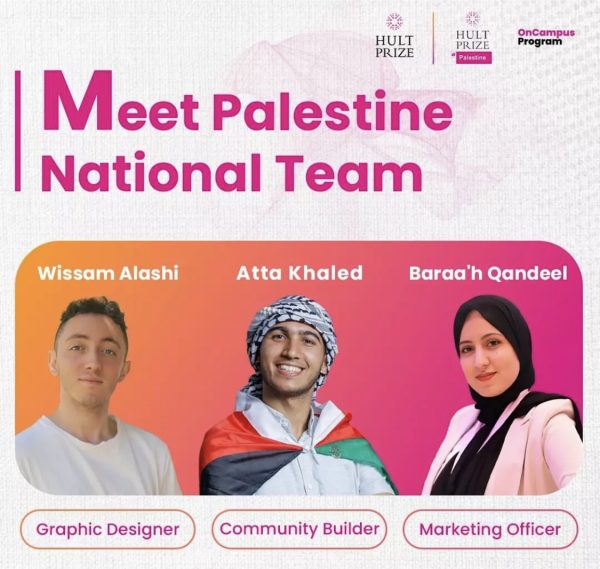
“Especially when considering that a large part of Gaza’s economy before October 7th was based on remittances sent by Gazan workers in Israel, my involvement with the program [Hult Prize] allowed me to contribute towards the creation of a more sustainable business environment in Gaza,” said Khaled.
Following his college graduation, Khaled was invited to be a part of Palestine’s first United Nations Youth Advisory Panel in 2021, through which he advocated for social justice in Palestine. He was one of 18 youth from the West Bank and the Gaza Strip chosen to be a part of the program, which is designed to serve as a platform for Palestinian youth to contribute recommendations for enhancing civic services in the Palestinian state.
“The Youth Advisory Panel (YAP) is basically an advisory group that has been established by a joint initiative of the European Union and the UN in order to have a representative body of young, independent youth who represent the future of Palestine. We collaborated with various NGOs and the UN Population Fund to ensure that aid and developmental programs are tailored to address the needs of the Palestinian youth.”
In addition to allowing Khaled to meet with key stakeholders in Palestine, the panel also provided the opportunity to visit the West Bank, which is home to the seat of the Palestinian Authority (the de-facto Palestinian state). However, his journey had its fair share of road blocks.
“As a Palestinian Egyptian who is a dual national, traveling to Egypt is much easier than traveling to the West Bank, the other region comprising Palestine. Israel rarely grants permits for Gazans and Palestinian nationals to visit the West Bank, and it was only due to my involvement in YAP that I was granted a permit to visit.”
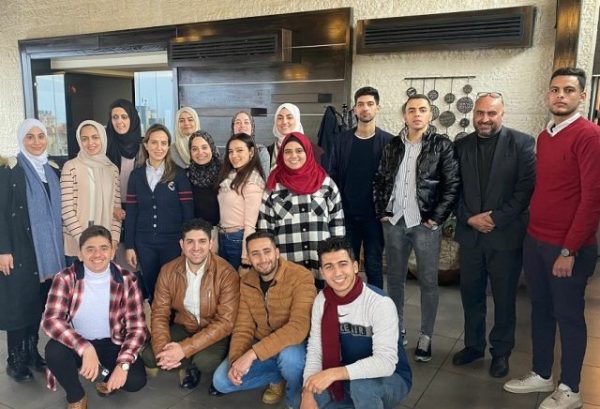
The visit was an eye-opening experience for Khaled, who was able to visit the “other part” of his homeland for the first time and interact with the Palestinians of the West Bank. However Khaled, who later recounted his experience in his article “Jabalia to Jerusalem,” couldn’t help but notice the stark division of his homeland.
“Ironically, my visit to the other part of my homeland was a kind of ‘culture shock’. Everything seemed different between the West Bank and the Gaza Strip, from the geography and the dialect of Arabic spoken to the freedom of movement, and I was able to witness first hand how the fragmentation of the Palestinian state impeded efforts to achieve social justice and cultivate democracy.”
Following his return to the Gaza Strip, Khaled used his newfound knowledge to work as a coordinator at the Social Developmental Forum (SDF), a nonprofit organization in Gaza City which seeks to achieve sustainable development in Palestine in collaboration with civil society.
“Being a part of the SDF allowed me to use the knowledge that I gained in the West Bank and work with nonprofits to meet the needs of displaced Gazans. I was able to utilize social media and digital marketing to spread the word about NGO activity in Gaza.”
All was going well and despite impediments such as restrictions on his freedom of movement, Khaled believed that he was working towards affecting real change in his community, both on the social and political levels. However, Khaled’s trajectory was disrupted by the events of October 7th. Since that fateful day, his family had withstood constant bombardment and shelling, but all would change on October 13th.
“The 13th of October was the day that our neighbor’s house was demolished. It was the day that I realized I had to leave Jabalia, the city where I was born and raised.”
Khaled’s family proceeded to make the treacherous journey to south Gaza, temporarily taking refuge in tent cities until reaching the southern city of Khan Younis. His family was unable to access a humanitarian corridor (a safe passage temporarily created to allow civilians to leave conflict-ridden areas), and endured days of violence and bloodshed.
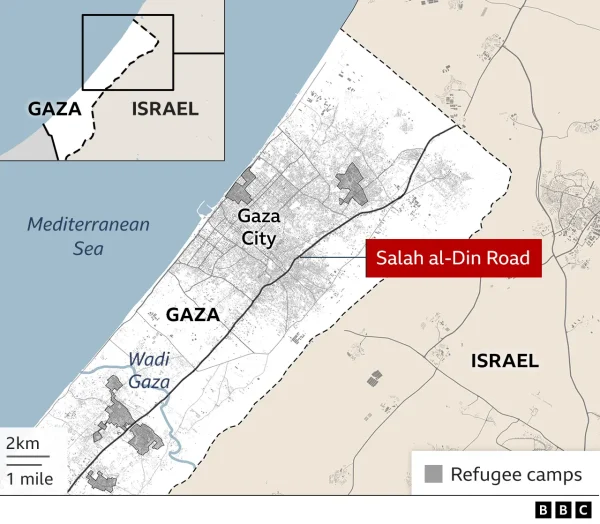
“I remember wishing that I could fold the walls of my house in a bag and carry it with me. The journey was emotionally and physically draining, and we didn’t know if we would make it out alive,” said Khaled.
After an excruciating 45 days of not knowing when he would reach safety, Khaled and his family were finally granted permission to cross into Egypt via the Rafah Crossing on November 21st, 2023.
“The feeling was unreal. I remember that I was able to drink filtered water and that I didn’t become scared when seeing an airplane in the sky. I started to feel like a human again after 45 days of non-stop conflict.”
Khaled would reside in Cairo, Egypt until February 2024 when he arrived in Houston through the State Department’s Community Engagement Exchange Fellowship (CEE). Among 6,700 applicants, he was one of only 128 fellows selected for the program, which takes place over the course of 3 months and through which civil society advocates are paired with NGOs in the United States. While Khaled was paired with the Rotary Club of Houston Skyline, his process of coming to the United States was all but easy, as club president Edward Pettitt explains.
“Despite Khaled being accepted into the program months prior, the US Embassy in Egypt kept delaying his visa application, with his application only being approved weeks after the CEE Program had already begun in February. Only after my constant advocating with the State Department was he allowed into the CEE Program,” said Pettitt.
In spite of numerous roadblocks, Khaled actively participated in several initiatives as part of Rotary’s Peace Committee. For instance he coordinated an initiative with Project CURE, a Houston non-profit, to store and ship medical supplies to conflict regions around the world, including the Gaza Strip. Khaled also launched a book club to discuss the ongoing situation in Palestine.
“I launched the club to promote awareness about what’s happening in Palestine and to educate people on how they can help.” I try my best to educate people by reviewing books such as The Hundred Years’ War on Palestine which was written by Palestinian author Rashid Khalidi and provides a historical context for the ongoing situation.”
In addition to his work with the Peace Committee, Khaled also participated in environmental service projects such as establishing the pollinator garden at the James Butte Park, through which he learnt about the concept of “peace building through placemaking.” He was also heavily involved in Rotary’s outreach efforts, attending the International Festival organized by Carnegie Vanguard’s Interact Club.
Khaled’s fellowship also enabled him to participate in advocacy opportunities beyond Houston, from representing Palestine as a youth delegate at the United Nations headquarters in New York City to speaking about social justice at Harvard Kennedy School. No matter where Khaled is, the situation in Gaza weighs heavily on his mind, especially the mental health challenges its residents face.
“In addition to deterioration in physical health, there’s a clear mental health crisis in Gaza. The blockade has resulted in a high unemployment rate of 47% partially, stifled the ability of Gazans to live a normal life. We [Gazans] are also further traumatized by the sounds of bombardment resulting from constant military conflicts, which has resulted in Gazans such as myself suffering from disorders such as PTSD. I myself recall the sound of shelling whenever I hear a loud noise.”
Khaled aims to use the leadership and advocacy skills that he cultivated through CEE to create an online coaching academy designed to provide both group and individual support to young Gazans, ages 8 to 25, who are suffering from trauma. He will spearhead the academy from Cairo, where he temporarily shifted to following his completion of the CEE program in April.
“This trauma is not something that goes by time…it needs a lot of support and processing and currently 2 million Gazans lack this support. It’s important to combat this mental health crisis because if not, it can spiral into more violence, more unemployment, and more suicides.”
Khaled hopes to play a role addressing the mental health needs of Gazans. Whether it’s through his advocacy efforts or through his work in nonprofits, he hopes to change the narrative about Gaza.
“We love life, and we deserve to live equally and peacefully. And we are not numbers. We lost over 34,000. Those are 34,000 dreams and stories. And we can’t just lose more.”


